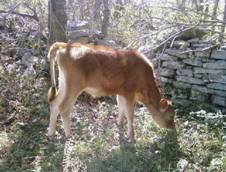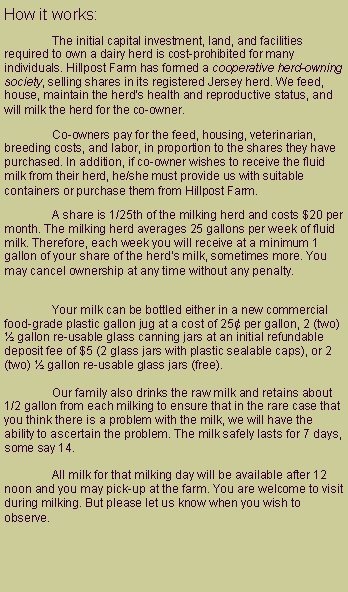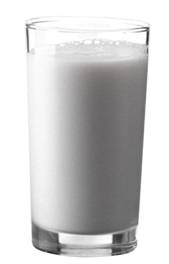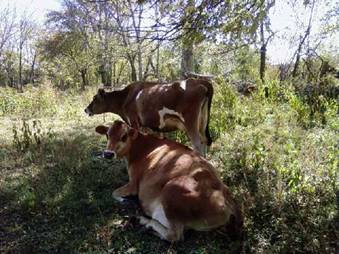
|
Raw milk is not dangerous. |
|
· In 2006, a study published in the Journal of Allergy and Clinical Immunology found that children who drank raw milk had significantly less instances of asthma, eczema and hay fever than those who drank pasteurized milk. Raw milk cut histamine by more than 50%. · In 2003, the USDA reported that pasteurized milk causes 29 times more cases of Listeria than raw milk · Various studies have found that raw milk reduces cholesterol levels. Dr. George Mann found that 4 quarts of milk a day lowered subject’s blood cholesterol by 25%. · The oxidation of fats and cholesterol creates free radicals that are linked to atherosclerosis and cancer. Pasteurized milk contains these oxides while raw milk does not. · Pasteurization, by destroying enzymes, greatly increases the workload on the pancreas. |
|
Ada, our prospect for 2012 milking season |

|
VICTORY IN TENNESSEE—Summer 2009 |


|
About our philosophy: Forage based diet: Conjugated linoleum acid (CLA) is an omega-6 fatty acid found in the milk of grass-fed cows. It combats obesity and diabetes, improves the immune response, reduces food allergies, builds muscle and burns fat. The milk of grain-fed cattle contains 3 to 5 times less CLA than grass-fed cows. With the unintended consequence of using a food grain for fuel, the cost of corn has quickly become an ever increasing expense for farmers. How we are attempting this: Grass based genetics: Molly is a Wilderness Blueprint daughter. She produces 1 3/4 gallons to 2 1/4 gallons a day on 5 pounds of grain and milk sharing with her adopted calf, Ada with Once A Day (OAD) milking. ‘Babby’ (not misspelled) is the newest addition to the herd and we have great hopes for her milking and breeding future. She came from a commercial dairy and is being slowly re-worked nutritionally to get her grain rations down from a high of 23 pounds, to the same balance as Molly’s. and, Breeding our US Jerseys to New Zealand bulls: WILLIAMS TGM HENRY, GREENPARK OM TARGET, and HAYWARDS TGM AIM SJ3
Producing cows with same ß-casein protein as humans: Milk from humans, Jersey cows, Guernsey cows, goats, camels, sheep, buffalo, yaks, donkeys, and Asian cows naturally contain mostly the original ß-casein protein. Some believe that it does not act in the gut the same way as the mutated protein. All of our New Zealand bulls have this protein type. Calf Milk Sharing: This is where the calf remains with the mother throughout the growing months. Jersey calves have a small birth weight with minimal fat reserves of about 3%. Because of a high body surface area to body mass, they chill and dehydrate easily. They also have a higher maintenance energy requirement, making the selection of a good milk replacer mandatory for heifer health. So, why not let the high needs growing months of the heifer get met by having her Dam’s milk? See our Jersey Cow page on this process. Kindness: Kindness to our animals includes giving the full benefits of veterinary research and standards of good care. All of our cows are fully immunized, treated with dairy safe medications and organic treatments for parasites. Also, if despite our good animal husbandry practices, any of our milk cows gets mastitis (udder infection), antibiotic treatment, with recommended milk withdraw, will be instituted. NOT quickly treating a cow with this painful ailment is cruel, not ‘holistic’. We believe that God, science, and nature do not conflict. |





|
Lucy, front, and Molly enjoying the shade during the hot days of summer. |